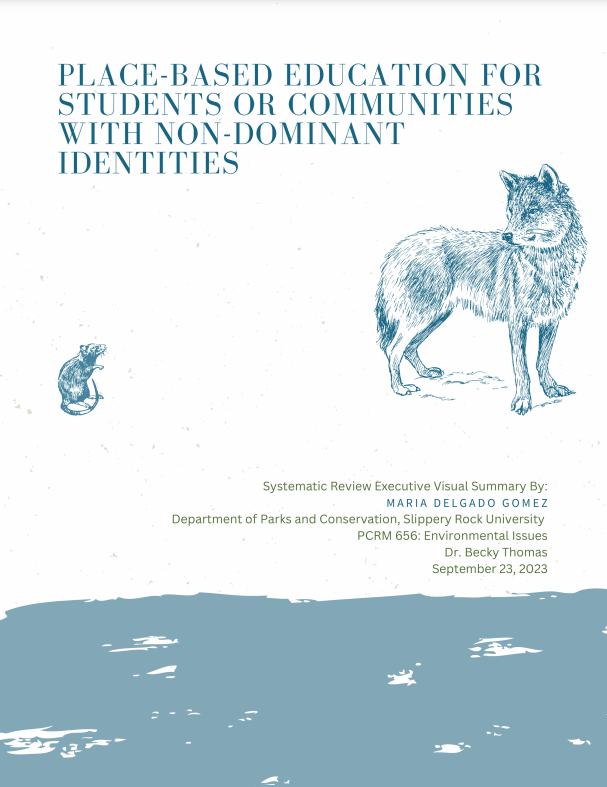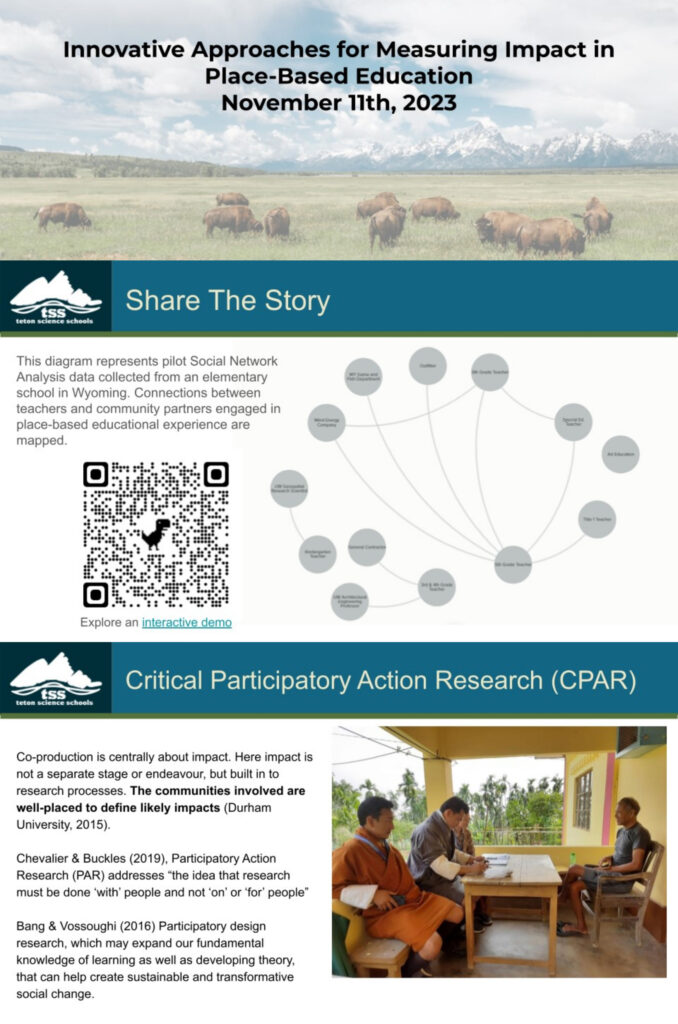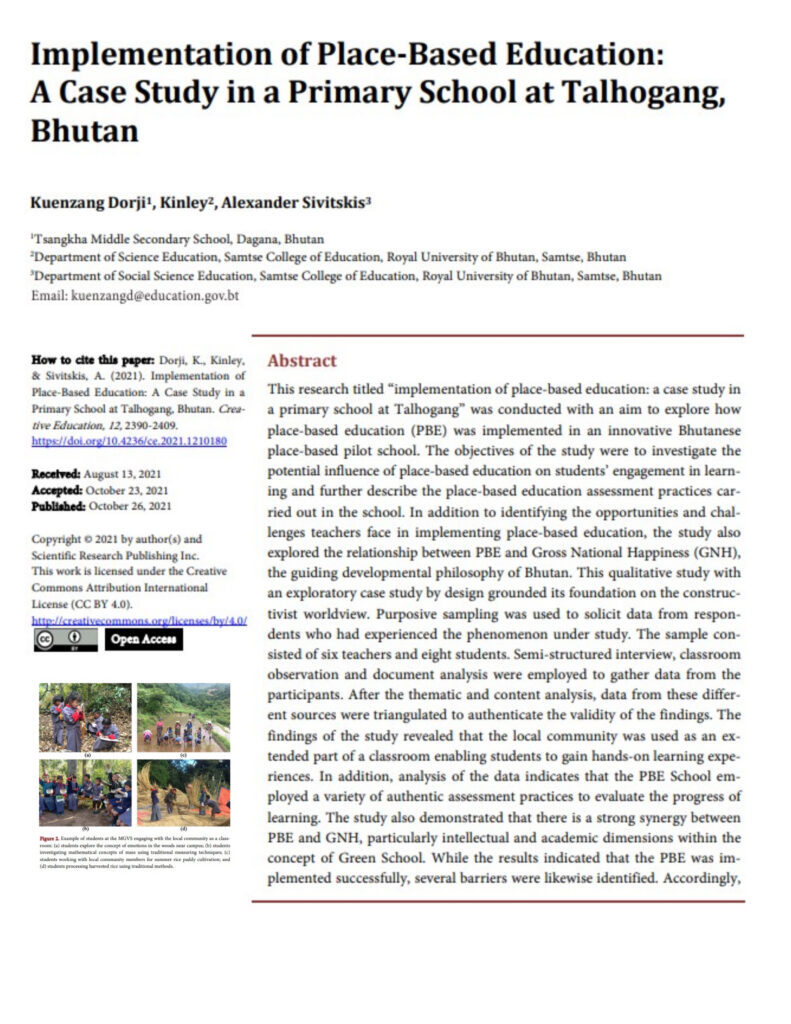Our Educational Research is Driven by our Five Hypotheses about Place-based Education
Effective place-based education results in:
- Increased student and teacher engagement
- Increased student learning outcomes
- Stronger connections to community and greater community impact
- Increased student social-emotional learning
- More effective educators
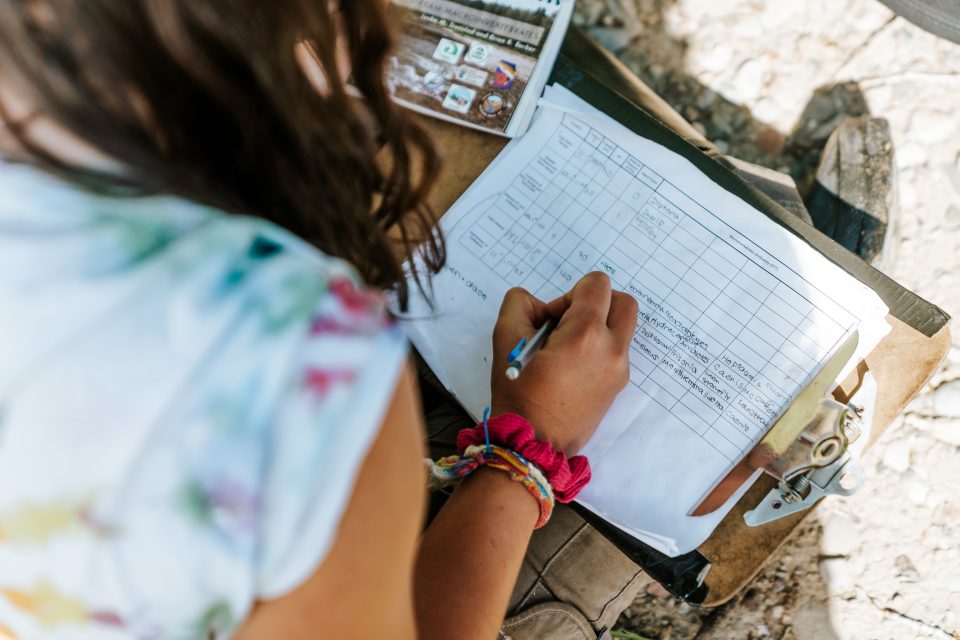
Teton Science Schools research program seeks to better understand and document the impact of place-based education as well as answer important questions of practice in education. We strive to situate this work within a decolonial paradigm and are committed to practicing community-based research methods.
Recent Outputs and Collaborative Products
Interested in Conducting Collaborative Research
With Us?
The research program of Teton Science Schools seeks equitable and productive research-practice partnerships. We welcome research of our programs, especially to critically examine our hypotheses about place based education and/or to answer pressing questions of practice in education. If you are interested in working with us, please fill out the interest questionnaire below.
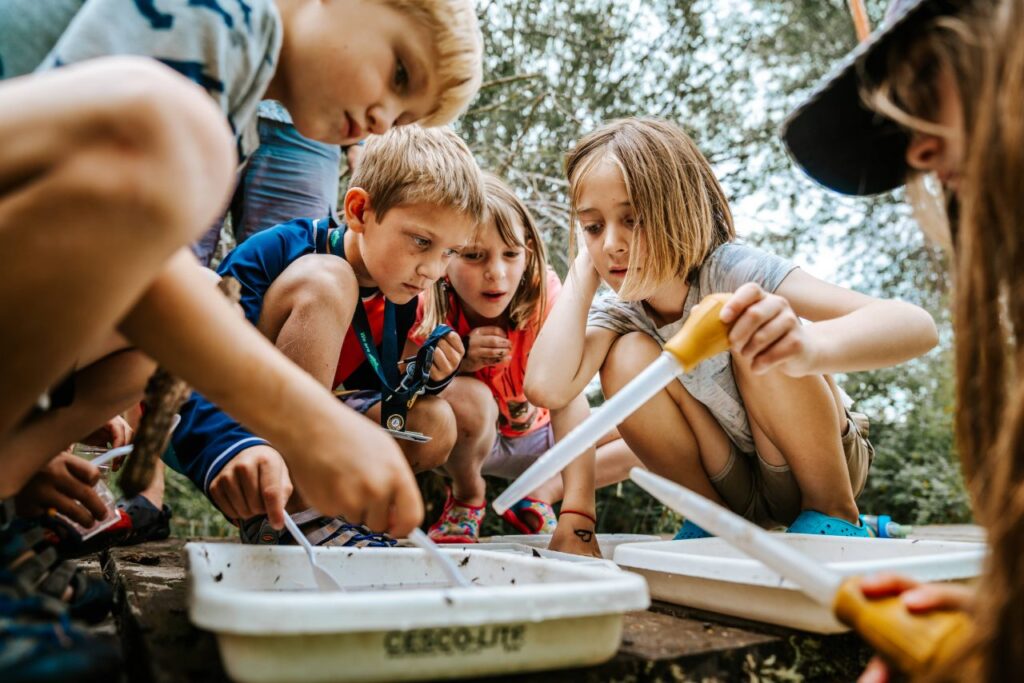
Research on Place Based Education
Teton Science Schools collaborates with university and school partners who are interested in documenting the practice and measuring the impacts of place-based education. View some current research projects and explore collaboration opportunities.
Place-Network Evaluation
The Professional Learning team of Teton Science Schools in engaged in ongoing evaluation of the Place Network program. Learn more about our evaluation strategy and recent findings.
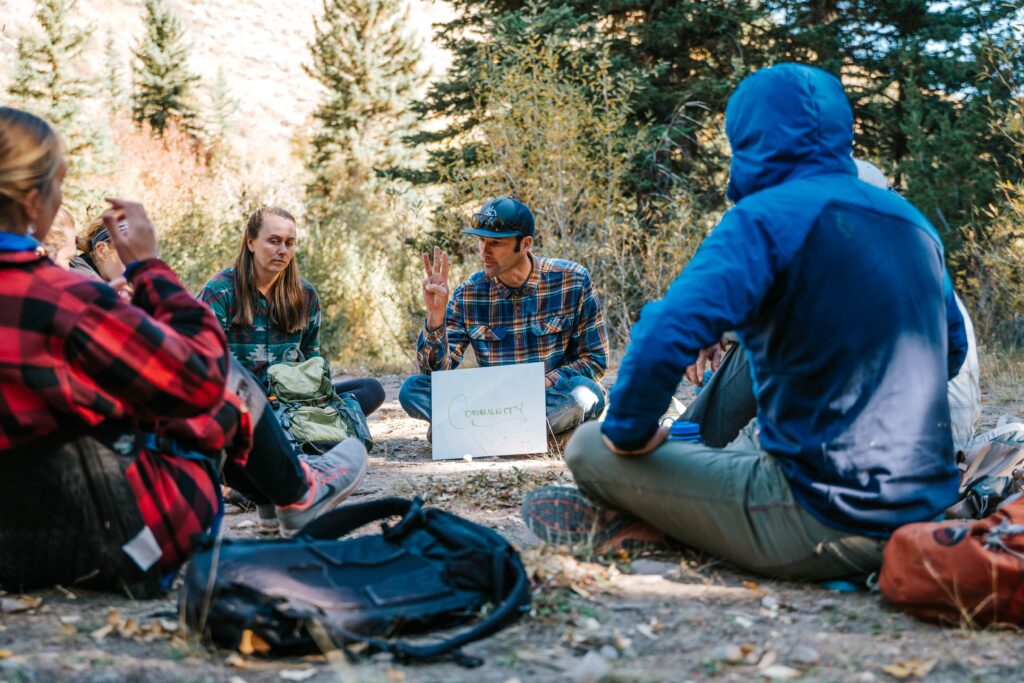
View our
Collaborators

University of Wyoming
click to see collaborator team

University of Wyoming
- Dr. Ana Houseal, Outreach Science Educator, Science and Math Teaching Center, University of Wyoming
- Clare Gunshenan, M.S.
- Alison Mercier, Ph.D. - Mary Garland Early Career Fellow, Assistant Professor of Elementary Science Education
- Brittanie Kuhn, graduate student
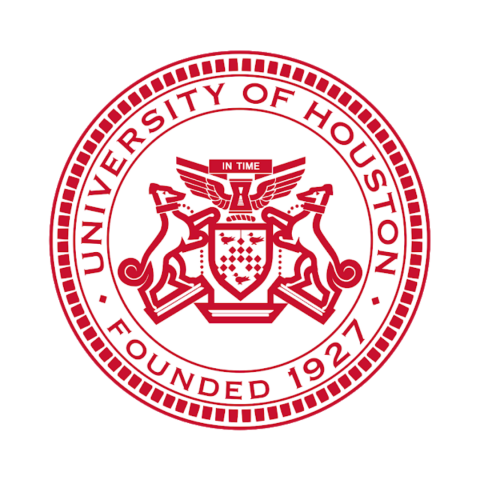
University of Houston
click to see collaborator team

University of Houston
- Dr. Bradley Smith, Professor and Director, School Psychology Ph.D. Program, University of Houston
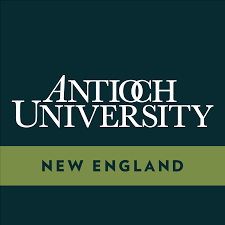
University of Antioch
click to see collaborator team

University of Antioch
- Paul Bocko, PhD (he/him/his) Faculty, AUNE Education Department Concentration Director, Experienced Educator Program
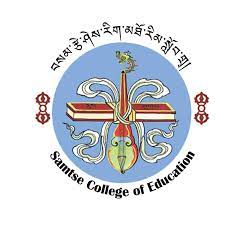
Samtse College of Education, Royal University of Bhutan
click to see collaborator team

Samtse College of Education, Royal University of Bhutan
- Kinley, PhD Assistant Professor Samtse College of Education
- Tshering Om Tamang Lecturer Samtse College of Education
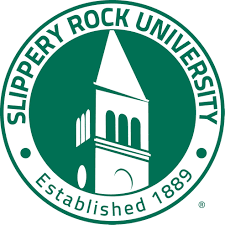
Slippery Rock University
click to see collaborator team

Slippery Rock University
- Maria Delgado Gomez M.Sc. in Parks, Conservation, and Resource Management Slippery Rock University of Pennsylvania

